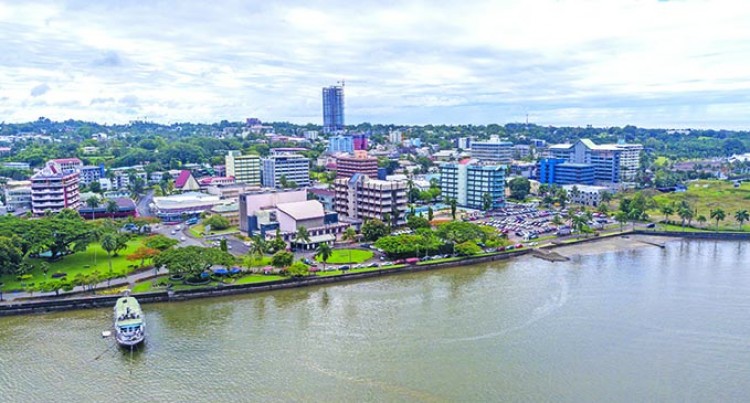Pacific island economies are dealing with a high inflation rate and high national debt on the back of a post-COVID-19 recovery rate.
World Bank economists say beefing up social security measures will be key to balancing the impact.
The World Bank revealed that Fiji’s inflation rate is relatively small compared to other Pacific Island countries.
World Bank Economist Mehwish Ashraf said they are advising Pacific governments to increase social support to help individuals deal with persistently high inflation.
“The efficient way to go as per economic theory is that you try to harmonise the tax rates across the economy and then support whatever segments through targeted medium by increasing the social benefit scheme, support or maybe some kind of temporary support to accommodate these tax changes so that they do not feel the heat.”
Meanwhile, World Bank Country Economist Reshika Singh said there are factors supporting the tightening of monetary policy to minimise the impacts of increasing prices of goods and services.
“But just to give the signal to the market, because initially we thought it would be temporary like the 2007-2008 global financial crisis situation, but it has been persistent. The trading partners are working, but we also need to do some work at home.”
Singh said Fiji is expected to continue leading the Pacific’s Post-COVID-19 economic recovery.
“Which is concerning so definitely, as inflation starts trickling down, so when we say from imported to domestic inflation, it is a concern, and it could have an impact on the pace of the economic recovery because then that trickles down into businesses and raw materials, input costs that will have an impact on the recovery path.”
Meanwhile, uncertainty about global commodity price movements, geopolitical tensions, slower growth among major trading partners, and the region’s vulnerability to natural disasters pose downside risks to the Pacific economic recovery.
SOURCE: FBC NEWS/PACNEWS














